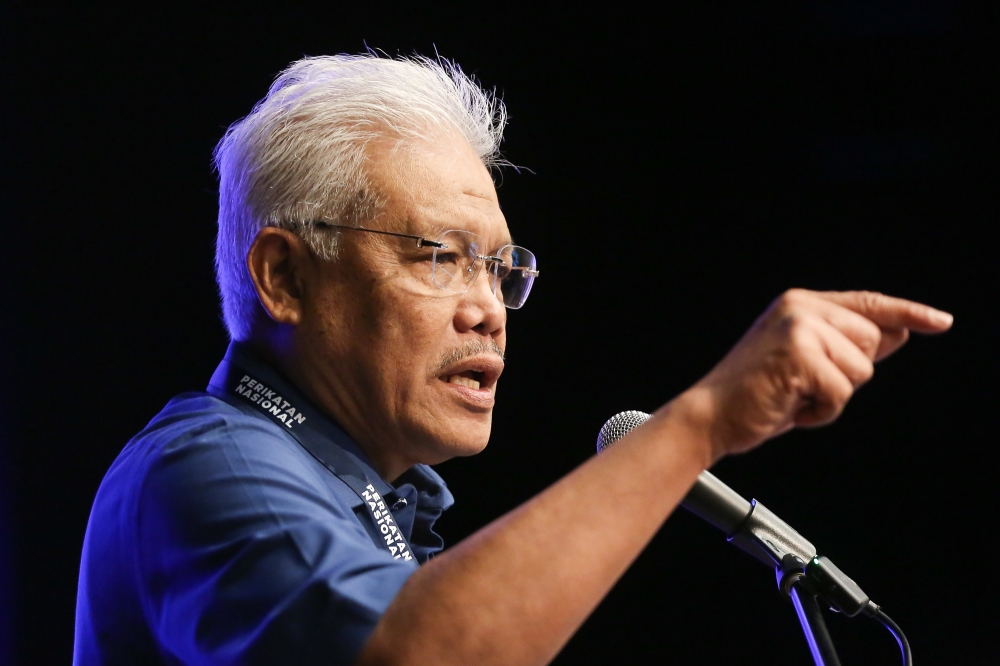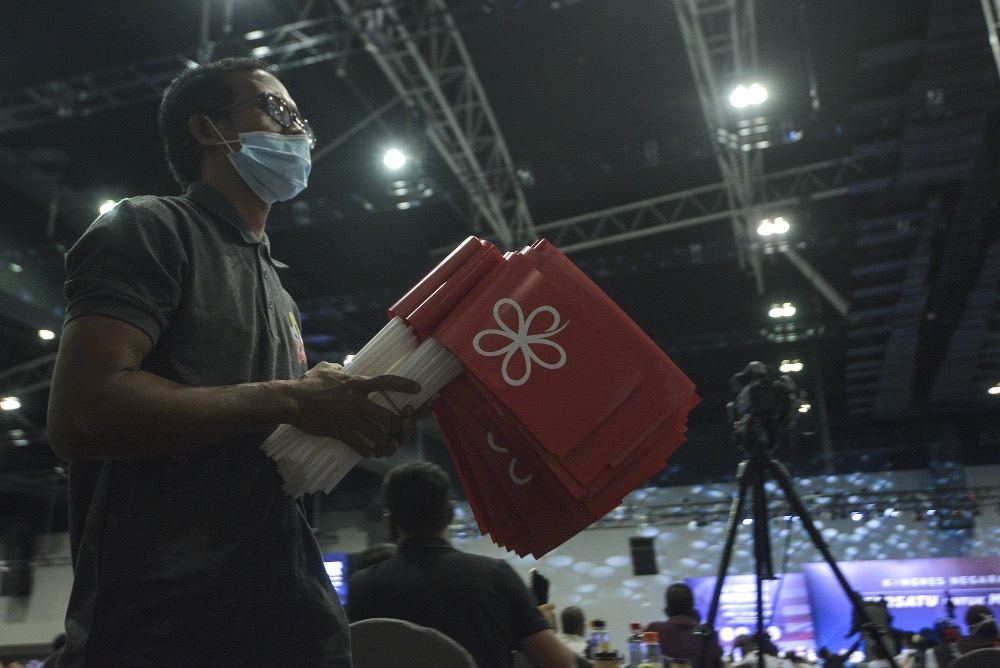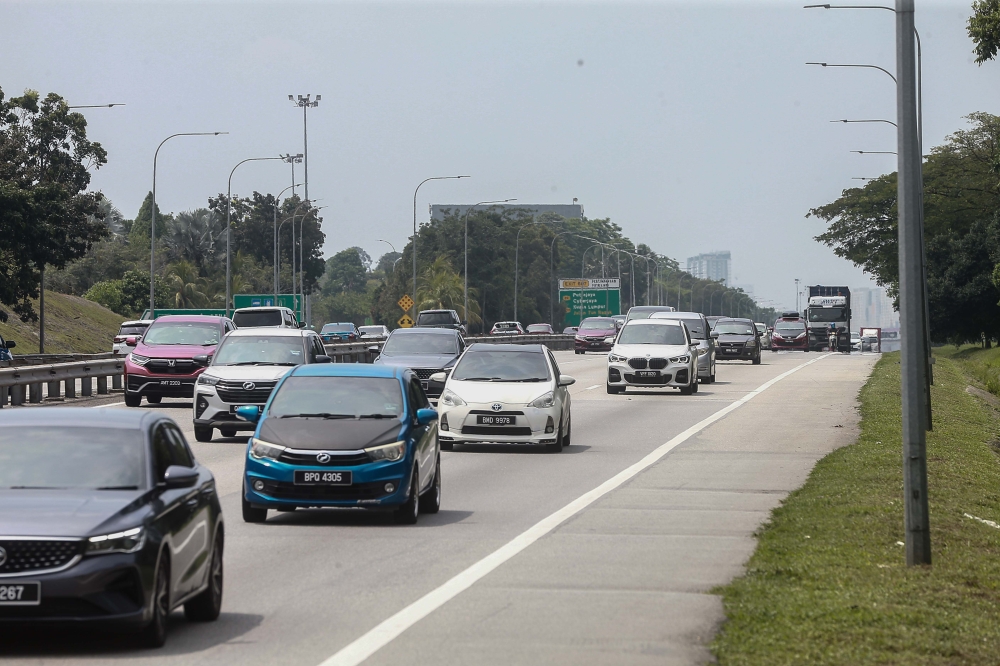KUALA LUMPUR, March 11 — Barisan Nasional (BN) is set to form the new Johor government after tomorrow by winning at least 35 of the 56 state legislative seats where Malay voters make up to two-thirds of the electorate, according to a survey by Ilham Centre.
Among key factors that will give BN the edge are Opposition division, local psychographic, split votes caused by multi-cornered contests and an expected lower voter turnout, the think tank said.
The main Opposition bloc Pakatan Harapan (PH) is expected to win just 10 seats, while the remaining 11 are still up in the air, with the think tank suggesting Perikatan Nasional (PN) could make gains in these constituencies to emerge as a serious contender to both BN and PH.
“Our field study found that BN will win comfortably against their rivals based on these factors; demographic location, geography and psychographic of Johor voters; opposition division, multi-cornered contents and a lower percentage of voter turnout,” it said in a statement.
“Compared to the Melaka state polls, the split in the Opposition in Johor is much more visible,” it added.
The predictive poll surveyed 1,391 respondents through a face-to-face randomised stratification, the think tank said. Because of Johor’s vastly unique demography and geography, each of the 56 constituencies vary from each other “as if there were by-elections in all 56 seats” the think tank said.
Data was gathered through analysis, observation and semi-structured interview protocols, taking into account the different micro factors and parameters of each seat.
From the 56 seats, 16 or 29 per cent of them have more than 70 per cent ethnic Malay voters while 23 state constituencies or 40 per cent have between 50 and 69 per cent Malay voters. The rest, 17 seats, have less than half Malay electorates.
Based on the analysed data, Ilham Centre said BN appeared dominant not only in seats where the Malays form 70 per cent of the electorate, but also in constituencies where Malays make up 50 to 69 per cent of the electorate even as PN and PH put up a fierce fight.
PH will “comfortably” win 10 seats, ostensibly where ethnic minorities form the majority, the think tank predicted. Meanwhile, the remaining 11 are hard to predict because of the fierce contests among PN, PH and BN.
Ilham Centre said the study’s margin for error is only 3 per cent.
From a psychographic analysis, voting inclination tended towards personality, the survey found.
It cited the Endau constituency, which is said to be a BN fortress. The think tank said because the candidate PN placed appealed to locals, the coalition consisting of Bersatu, PAS and Gerakan was able to challenge BN’s dominance.
Malay voters were also found to favour the stability narrative more than national issues involving corruption, integrity and governance. The ethnic majority are said to be more keen to vote this time compared to their Chinese counterparts. The centre did not explain why.
Johoreans will cast their votes tomorrow to end a fierce 12-day campaign. The state election was touted as a bellwether for the 15th general election, where newer and smaller parties like Malaysia United Democratic Alliance (Muda), Parti Warisan and Parti Pejuang Tanah Air are expected to challenge the dominance of the two bigger coalitions.
But the Ilham Centre study suggested that voter confidence tilted more towards the three mainstream coalitions.
The newer parties enjoyed some degree of support that varied throughout the different localities but not enough to pose a serious challenge against BN, PH and PN, the study found.


















